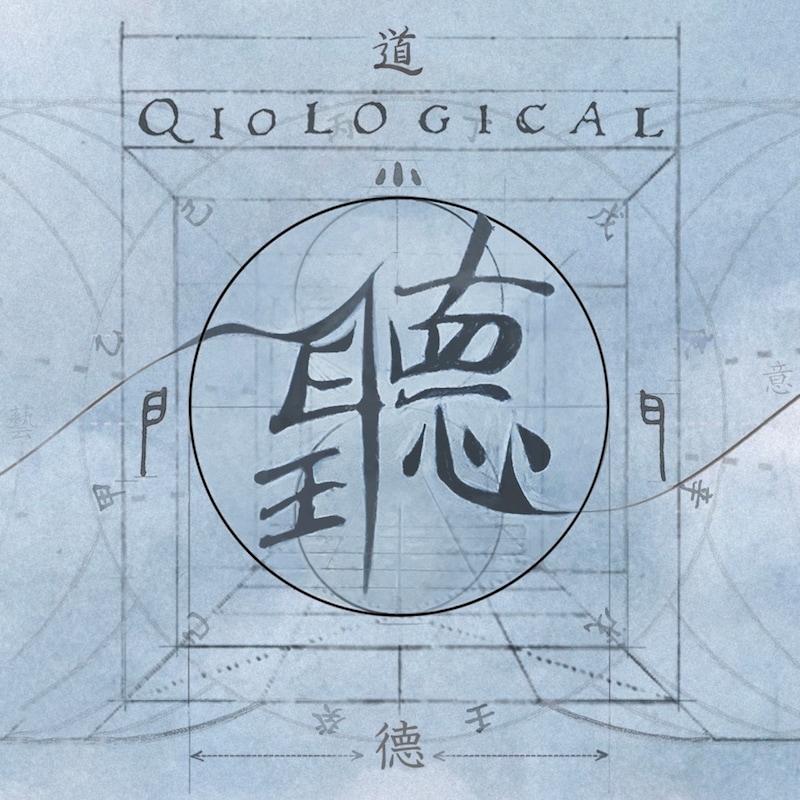- The Pressure Point Pulse
- Posts
- Burnout Got the Best of Me This Week
Burnout Got the Best of Me This Week
🤯 You seen the research on acu therapies to treat burnout?

I skipped publishing a newsletter last week because we were in Florida for a family member’s wedding:

Happy for the bride and groom, but we’re hanging on by a thread here, to be honest
…and boy was it an exhausting trip. No rest for the weary parents of a one-year-old on a quick weekend getaway full of hustle-bustle wedding festivities.
Once we got back home, my body felt like it had been hit by a car. I wasn’t sick in the general sense of being sick, but I was unwell.
I was burned out, fatigued, lacking all motivation for work or anything else.
As someone who knows that foundations of health are quality nutrition, movement, positivity, and sleep, I leaned into those things (especially sleep!) this week to heal.
But as a band-aid fix to help me through the week, I also grabbed my ear acupressure seeds. Numerous articles have been written about acupuncture’s help in treating burnout, but did you know that auricular acupressure via ear seeds has been found to be “a safe, effective, and practical strategy to reduce burnout and secondary traumatic stress” in healthcare workers?1
Related: A really cool 2022 study on how acupuncture can induce epigenetic changes to be an effective tool in treating burnout. It’s a little over my head because it’s so scientific, but what little I can deduce from this article, my mind is blown. 🤯🤯🤯

One of my favorite acupuncture-related podcasts is Qiological by Michael Max, and Episode 357: Eastern and Western Perspectives on Acupuncture, featuring Dr. John Rybak, has been especially enlightening. (Also, can we talk about how a podcast has 357 episodes?! That’s some real stamina and dedication to the world of podcasting, so job well done to the podcast host/team.)

Around the 6:06 mark of the episode, the host says something I found particularly poignant:
“One thing I’ve found for sure: Trying to teach a little ‘Chinese Medicine 101’ usually doesn’t go well. Not only are others not that interested, but it creates a barrier when we can’t explain ourselves in the lingo of everyday life or within the framework of accepted medical terminology.” - Michael Max
This hit a nerve with me because as an acupuncture “outsider” (a professional marketer who’s acutely interested in acupuncture and acupressure), I believe that the practice of acupuncture truly is limited by its esoteric nature. In the podcast episode, the conversation turns to acupuncture being perceived as a “belief system” rather than a system that’s integrated into the greater healthcare ecosystem.
In his 2023 article “Acupuncture in Pain Management: A Pathway to Interdisciplinary Collaboration in Oregon“ published in the Oregon Medical Board Report, Dr. John Rybak wrote, “An important note: while this organizational system [of acupuncture] is functional, it is also communicated in a 3,000-year-old linguistic model. Fortunately, the last 50 years of research have helped to modernize our understanding of acupuncture in physiologic terms.”
I reserve the right to change my opinion at a later time, but for now, I believe that acupuncture still has a ways to go before it’s actually universally modernized — and until then, it will continue to take a backseat to chiropractic medicine, physical therapy, and related practices. Acupuncturists, feel free to email me at [email protected] with respectful comments and feedback on my perspective. I’d be happy to feature our dialogue — and spotlight you — in an upcoming newsletter.

One of the modern criticisms of acupuncture is that it’s overly individualized — administered by the acupuncturists’ unique experience and training — and therefore not reliable or replicable from patient to patient.
If acupuncturists could get on the same page about selected acupoints and treatment plans, the naysayers argue, then the practice of acupuncture would be perceived as more credible.
Researchers Nick Lowe and Spod Dutton a few days ago published in the European Journal of Integrative Medicine an article called “Proposing a novel research method for acupoint selection.”2
Do you agree that articles like this could help elevate the status of acupuncture if applied to practice? Or do you have concerns about acupuncture becoming to “systemized”? Share your thoughts — leave a comment!

Miridia Acupuncture Technology, of which I’m an affiliate, is offering 20% off most of its health and wellness products with code MEMORIAL20 for Memorial Day.
Beyond the Auriculo 360 app, which shows you where to apply ear acupressure seeds and already has a free trial, of Miridia’s full product suite I really like the handheld Photizo pain relief device.
Or go straight to Miridia’s website to grab your own Photizo here »» (don’t forget to use code MEMORIAL20 at checkout!)
Sources:
1Afrasiabi, J., McCarty, R., Hayakawa, J., Barrows, J., Lee, K., Plouffe, N., & Schomberg, J. (2021). Effects of Acupuncture and Acupressure on Burnout in Health Care Workers: A Randomized Trial. Journal of trauma nursing : the official journal of the Society of Trauma Nurses, 28(6), 350–362. https://doi.org/10.1097/JTN.0000000000000614
2 Lowe, N., & Dutton, S. (2024). Proposing a novel research method for acupoint selection. European Journal of Integrative Medicine, 102372.
Reply